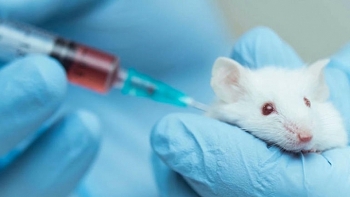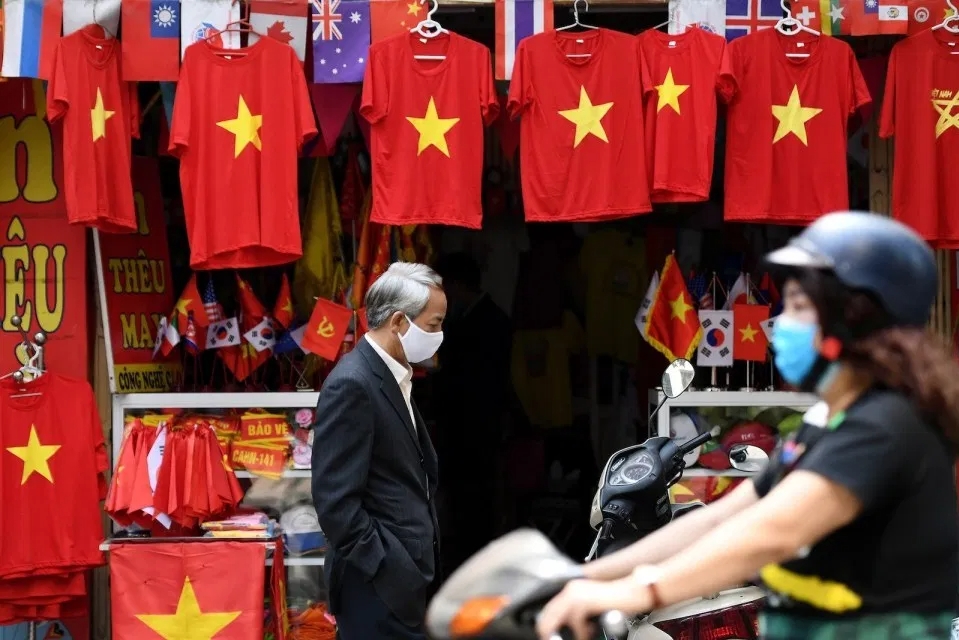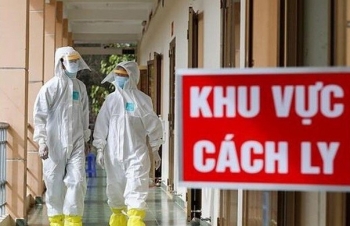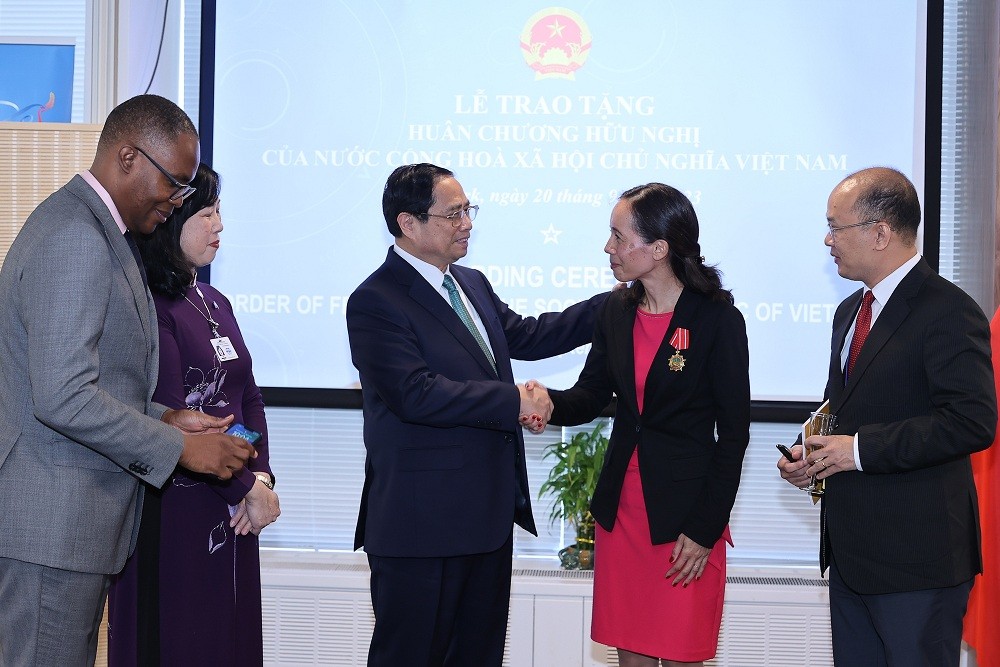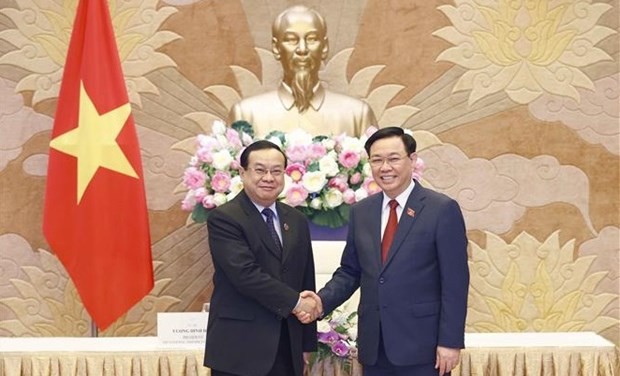A landmark partnership announced for development of COVID-19 vaccine in the UK
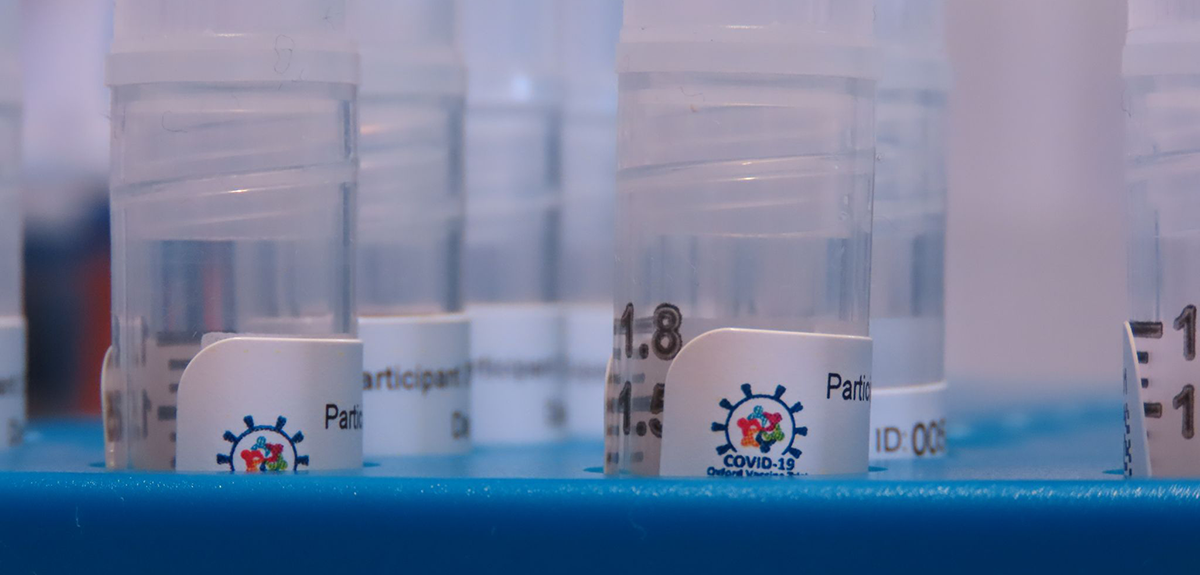 |
| An agreement between the University of Oxfordwith and the UK-based global biopharmaceutical company AstraZeneca for the further development, large-scale manufacture and potential distribution of the COVID-19 vaccine (Photo: ox.ac.uk) |
The partnership will allow for rapid vaccination around the world if the COVID-19 vaccine candidate proves to be effective. The vaccine candidate was developed by the University’s Jenner Institute who began trials in humans last week jointly with the University’s Oxford Vaccine Group.
It is the first such partnership to be formed since the Government launched its dedicated Vaccines Taskforce to help find, test and deliver a new coronavirus vaccine just two weeks ago. It also comes alongside £20 million Government funding for Oxford University’s vaccine research and support for the institution’s clinical trials.
Under the new agreement, as well as providing UK access as early as possible if the vaccine candidate is successful, AstraZeneca will work with global partners on the international distribution of the vaccine, particularly working to make it available and accessible for low and medium income countries.
British Prime Minister Boris Johnson called this cooperation a creative relationship in his speech on twitter May 4. "The race to find a vaccine is not a competition between countries, but the most urgent shared endeavour of our lifetimes. We're in this together, and together we will prevail." PM wrote.
And this partnership is an important step in quickly speeding up the production of the COVID-19 vaccine helping to protect thousands of lives. AstraZeneca will also work with global partners for low- and middle-income countries to be able to access the vaccine after its distribution to priority groups in the UK.
 |
| British Prime Minister Boris Johnson called this cooperation a creative relationship in his speech on twitter |
Both partners have agreed to operate on a not-for-profit basis for the duration of the coronavirus pandemic, with only the costs of production and distribution being covered. Oxford University and its spin-out company Vaccitech, who jointly have the rights to the platform technology used to develop the vaccine candidate, will receive no royalties from the vaccine during the pandemic. Any royalties the University subsequently receives from the vaccine will be reinvested directly back into medical research, including a new Pandemic Preparedness and Vaccine Research Centre. The centre is being developed in collaboration with AstraZeneca, reported ox.ac.uk
Professor Sir John Bell, Regius Professor of Medicine at Oxford University, said: “Our partnership with AstraZeneca will be a major force in the struggle against pandemics for many years to come. We believe that together we will be in a strong position to start immunising against coronavirus once we have an effective approved vaccine. Sadly, the risk of new pandemics will always be with us and the new research centre will enhance the world’s preparedness and our speed of reaction the next time we face such a challenge.”
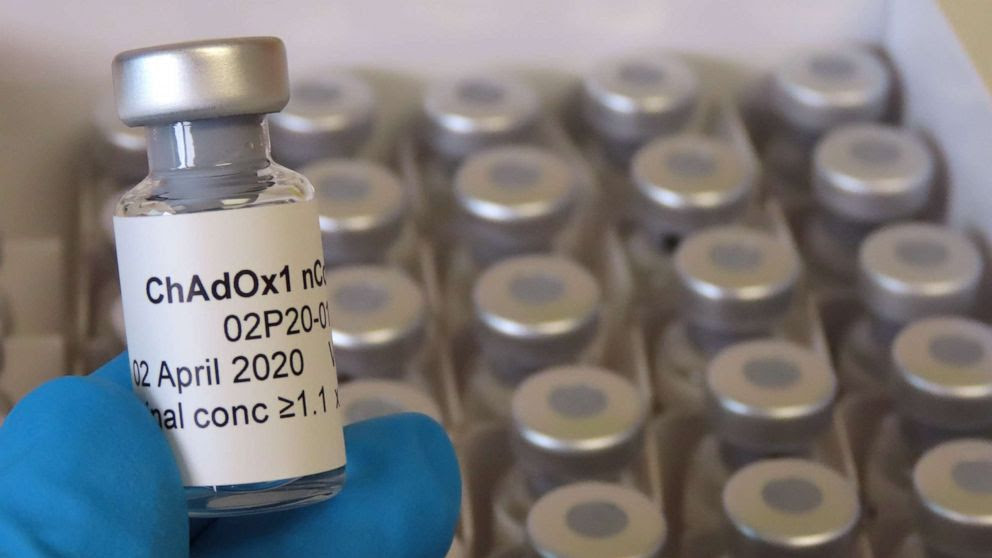 |
| Sean Elias via Reuters |
The Vice-Chancellor of Oxford University, Professor Louise Richardson said: “Like my colleagues all across Oxford, I am deeply proud of the work of our extraordinarily talented team of academics in the Jenner Institute and the Oxford Vaccine Group. They represent the best tradition of research, teaching and contributing to the world around us, that has been the driving mission of the University of Oxford for centuries. Like people all across the country, we are wishing them success in developing an effective vaccine. If they are successful, our partnership with Astra Zeneca will ensure that the British people and people across the world, especially in low and middle income countries, will be protected from this terrible virus as quickly as possible.”
Business Secretary Alok Sharma said: “This collaboration between Oxford University and AstraZeneca is a vital step that could help rapidly advance the manufacture of a coronavirus vaccine. It will also ensure that should the vaccine being developed by Oxford University’s Jenner Institute work, it will be available as early as possible, helping to protect thousands of lives from this disease.”
Health Secretary Matt Hancock said: “Across government, we are working night and day to stop the spread of coronavirus and protect our NHS. But in the long run, a vaccine remains our best hope of defeating this virus for good. So I am determined to do everything in my power to develop an effective vaccine and get it to the people of the UK as soon as possible. I want the UK to lead the world in developing a coronavirus vaccine - and I will back our scientists to the hilt in doing so.”
Pascal Soriot, Chief Executive Officer, AstraZeneca, said: “As COVID-19 continues its grip on the world, the need for a vaccine to defeat the virus is urgent. This collaboration brings together University of Oxford’s world-class expertise in vaccinology and AstraZeneca’s global development, manufacturing and distribution capabilities. Our hope is that, by joining forces, we can accelerate the globalisation of a vaccine to combat the virus and protect people from the deadliest pandemic in a generation.”
Bill Enright, CEO of Vaccitech, said: “We are delighted to facilitate this extensive collaboration in support of the development of the vaccine candidate in order to make it available as quickly as possible. We believe this vaccine candidate provides significant validation for our ChAdOx platform, which is one of the few to have already induced neutralising antibodies against coronavirus spike proteins in human studies for MERS. We are committed to doing all we can to support our scientific founders at the Jenner Institute in order to overcome this unprecedented global crisis."
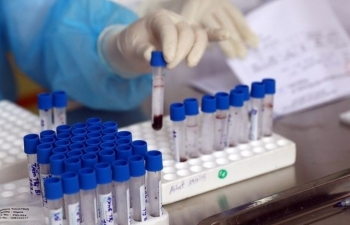 | Vietnam to produce COVID-19 vaccines Vietnamese medical and scientific experts assigned to research and produce vaccine against COVID-19 believe in positive directions. |
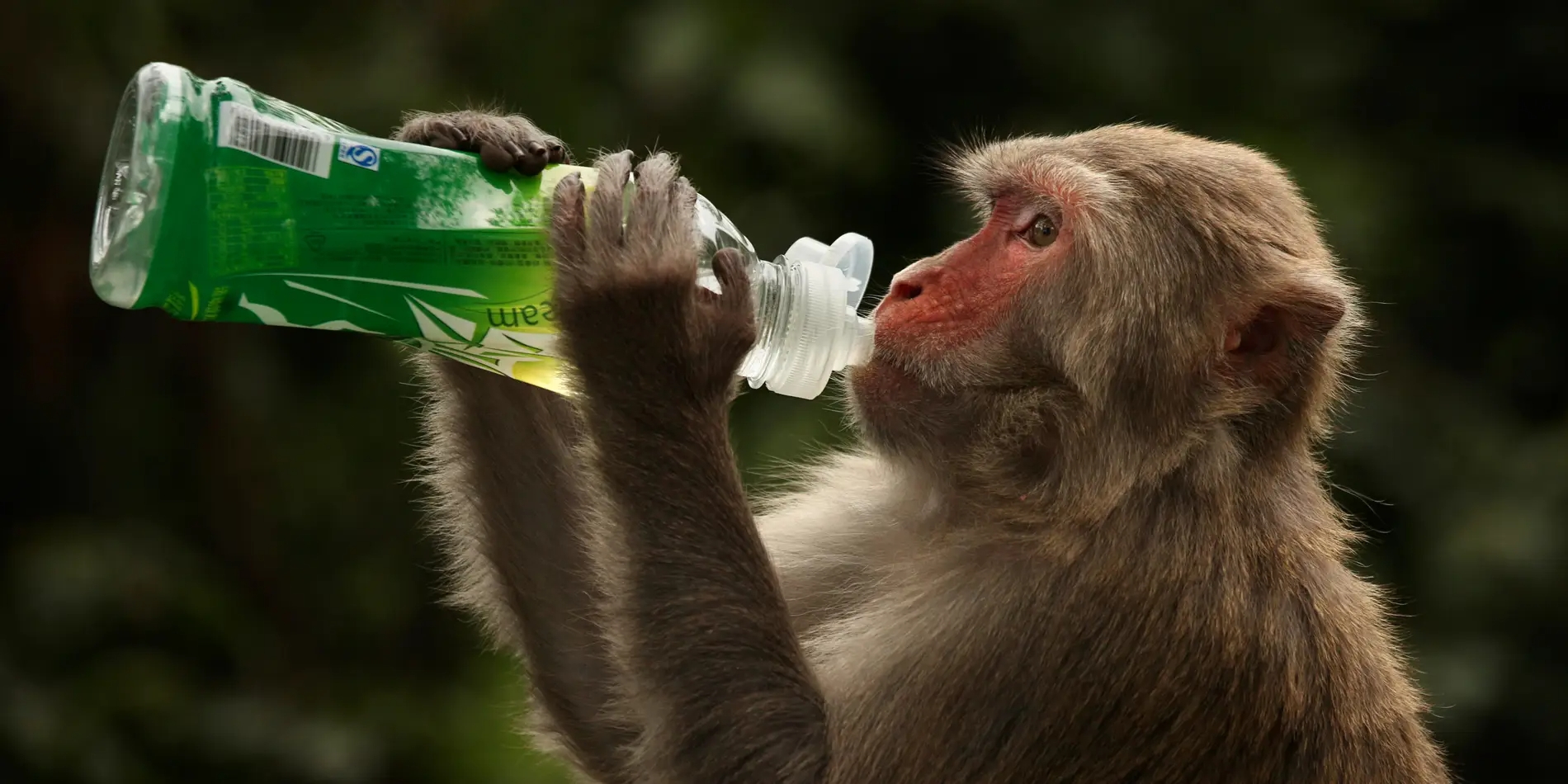 | Oxford-developed vaccine appears to shield monkey from coronavirus infection Oxford group may lead the race in coronavirus vaccine development as its new experimental vaccine seems to protect monkeys from the novel acute respiratory virus despite ... |
 | Race for coronavirus vaccines: 3,200 young volunteers from 52 nations have enlisted The novel coronavirus raging across the world has triggered global efforts in vaccine development. The actual way to halt the spread of COVID-19 is with ... |
Recommended
 World
World
Pakistan NCRC report explores emerging child rights issues
 World
World
"India has right to defend herself against terror," says German Foreign Minister, endorses Op Sindoor
 World
World
‘We stand with India’: Japan, UAE back New Delhi over its global outreach against terror
 World
World
'Action Was Entirely Justifiable': Former US NSA John Bolton Backs India's Right After Pahalgam Attack
 World
World
US, China Conclude Trade Talks with Positive Outcome
 World
World
Nifty, Sensex jumped more than 2% in opening as India-Pakistan tensions ease
 World
World
Easing of US-China Tariffs: Markets React Positively, Experts Remain Cautious
 World
World

